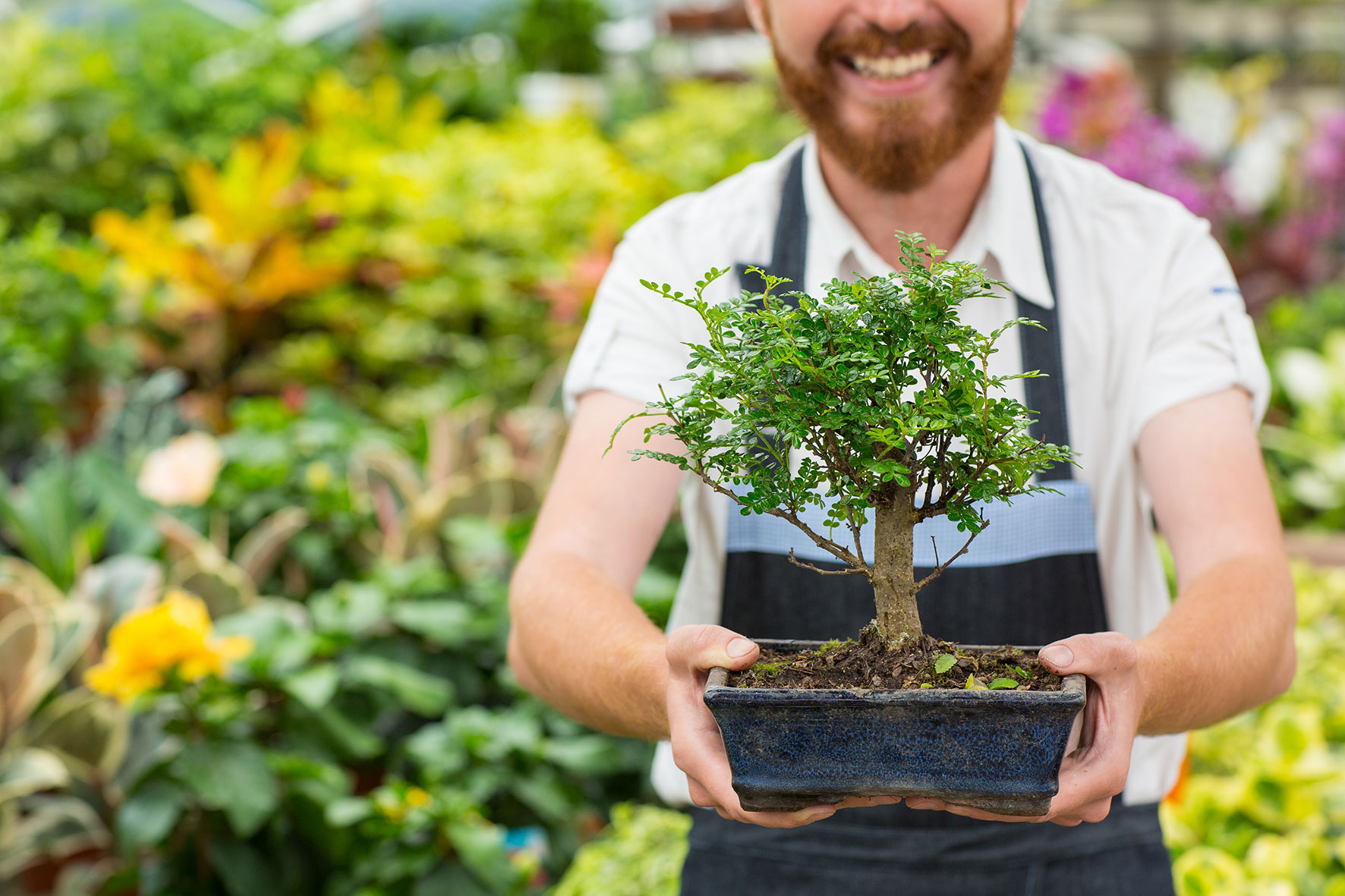The horticultural therapy program at Wish Recovery enables individuals to withdraw from chemical toxins and toxic thoughts by reconnecting with nature. Nature has been shown to alleviate stress and even have an anti-inflammatory impact by calming the mind, opening the heart, and inviting tranquility into the body. For this reason, we provide this supplemental therapy for our patients to experience the joy of nurturing love.
By gardening, individuals can learn to nurture themselves and others. We encourage our patients to make connections with nature and befriend themselves. In addition to being therapeutic, the love for nature we try to cultivate is transformative. Our horticultural therapists guide patients through activities and tasks that focus on growing and caring for the plants in ways that promote healing and wellness.
Discover all about horticulture therapy and our other complementary and alternative therapies. Contact us now!
Understanding Horticultural Therapy
Horticultural or gardening therapy has been around since the dawn of recorded history. Dr. Benjamin Rush, a signatory to the Declaration of Independence, was the first to show how gardening benefited individuals with mental illnesses. Horticultural therapy is widely acknowledged as a valuable and helpful treatment method.
Horticultural therapy uses horticultural activities as part of an established therapeutic, rehabilitation, or vocational strategy. As part of a regular treatment plan, horticultural therapy is an organic process considered therapeutic rather than the result.
Gardening is an easily accessible therapeutic activity. You can start right away and reap immediate rewards from it. It's a great way to unwind and appreciate the great outdoors. Anyone may participate in this kind of treatment, particularly someone recovering from an alcohol or substance use disorder.
While in rehab, you’re away from addictive activities and substances, and horticultural therapy is a way to experience something new. People in recovery not only benefit from the gardening activities but also from the feeling of camaraderie fostered by this kind of treatment.
Does horticulture therapy interest you? Call us today to find out more!
Benefits of Horticulture Therapy for Recovery
Making and tending to a garden may be soothing. Many of nature's healing properties are available to those open to this. Active and quiet gardens are also possible. Rehabilitation gardens, healing gardens, and refreshing gardens are just a few examples. Gardening therapy has been shown to decrease stress and blood pressure. It may also have a positive impact on your mood and mental well-being. The following are some of the other advantages horticultural therapy has to offer in the context of addiction treatment:
Boosts Self-Confidence
It is possible to reclaim a feeling of self. Helping things grow is the goal of gardening therapy. You may be pleased with yourself when you see them flourish since you were the one who nurtured their growth. As a result, you'll believe that if you can favorably impact living creatures, you can undoubtedly improve your own life.
Emotion Regulation
During your time in treatment, you may feel a variety of emotions. Some of those sensations may include frustration, despair, or anger. Gardening is an excellent method to vent your emotions. It'll help you sift through your feelings and get them moving positively through something productive.
Lessons Anxiety
Anxiety is common throughout the early stages of recovery from addiction. This anxiousness is exacerbated by the withdrawal symptoms you're experiencing. On the other hand, Horticultural treatment provides an activity that might help distract you from your distressing thoughts. Gardening is a relaxing activity. You'll be able to watch the progress of your plants and feel accomplished. In addition to the enjoyment of having a garden, having one teaches you responsibilities.
Keeps You Physically Active
When you're moving about and working in your garden, you're releasing dopamine, which gives you a sense of well-being. Gardening may provide a new regimen that is healthy for both mind and body. Gardens and horticultural therapy allow you to exercise without even realizing it. It's enjoyable and won't get monotonous.
Grounded in Serenity. Planting Seeds of Hope.
Horticultural therapy is an excellent supplemental treatment for those recovering from addiction to include in your comprehensive and integrative treatment plan while at Wish Recovery. It has a calming and soothing effect that you can carry throughout your stay, where you begin the journey toward long-term good health and happiness.
Addiction recovery is more than merely giving up your unhealthy behaviors. Engaging in hobbies that can substitute unhealthy ones is vital as part of the process. Even if you believe you don't have a green thumb, our horticultural therapists will teach you how to create a beautiful garden and flourishing life.


